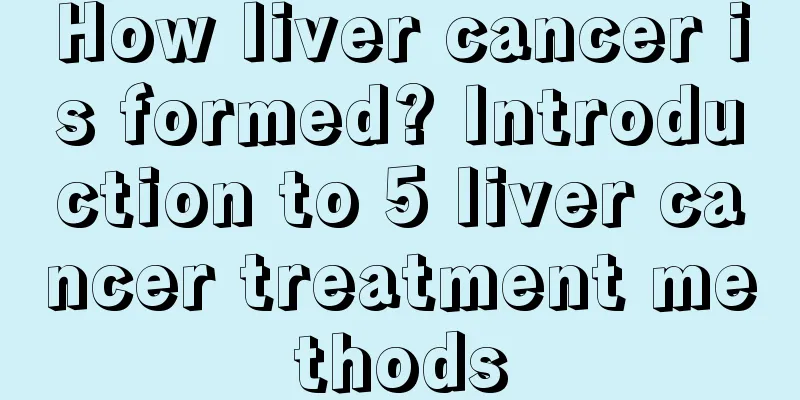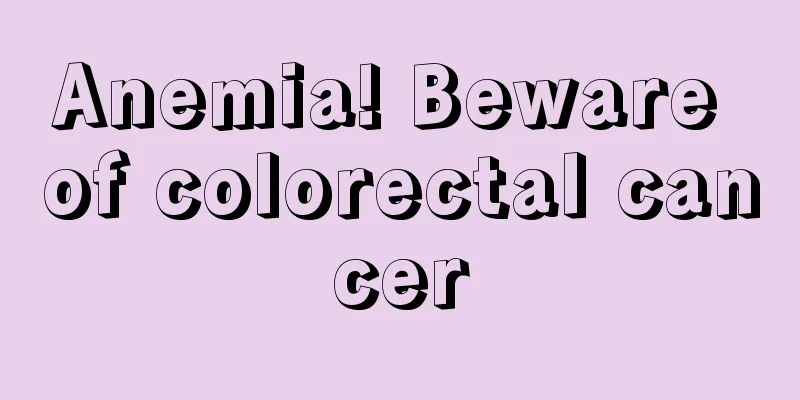How long should I take medicine for chronic urticaria

|
Chronic urticaria is a skin disease caused by allergies. When the disease occurs, rashes will appear on the patient's skin. These symptoms will also cause great pain to the patient. Chronic urticaria can be treated with medication, and how long it takes for the patient to recover depends on the patient's specific condition and personal constitution. If the condition is not serious and the patient's physical condition is good, then recovery will be quick. 1. What medicine is better for treating chronic urticaria? Chronic urticaria is mainly treated with Western anti-allergic medicine. According to the different responses of patients to drugs, targeted anti-allergic drugs are used, combined with the syndrome differentiation and treatment of traditional Chinese medicine, targeted prescriptions are prescribed for combined radical treatment. Folk remedies for chronic urticaria are not recommended in clinical practice because each person's individual condition is different, and it is not appropriate to use a single folk remedy for treatment. 2. Third-line drug treatment for chronic urticaria First-line treatment: that is, the first-line treatment, second-generation non-sedating or low-sedating antihistamines are preferred. Including loratadine, desloratadine, cetirizine, levocetirizine, mizolastine, ebastine, epinastine, fexofenadine, rupatadine, betahistine, etc. If any of the above drugs cannot control the condition after one week of use, it is recommended to change to another drug or double the dose of the original drug. Second-line treatment: If the first-line treatment still cannot control the disease, combination therapy should be considered, which can be combined with any one of the first-generation antihistamines (chlorpheniramine, cyproheptadine), second-generation antihistamines, mast cell release inhibitors (ketotifen), H2 receptor antagonists (cimetidine, ranitidine), anti-leukotriene drugs (montelukast), or all three. Third-line treatment: If the above treatments are still ineffective, the following treatments can be considered: cyclosporine, glucocorticoids, immunoglobulin, biological agents, narrow-band VUB phototherapy, etc. 3. Can chronic urticaria be completely cured? Chronic urticaria is currently difficult to treat. The effect of Western medicine alone is good, but if the medicine is stopped, it will recur. Therefore, in clinical practice, the combination of Chinese and Western medicine is the main treatment. On the basis of Western medicine anti-allergic treatment, the use of Chinese medicine dialectical treatment can effectively reduce recurrence or even cure it. |
<<: Why does my tooth hurt when I brush my teeth?
>>: Can people with chronic urticaria donate blood?
Recommend
How to quickly reduce swelling of swollen and painful gums
Teeth are a tool we use to chew food. The food we...
Supplementing trace elements can prevent nasopharyngeal cancer
The incidence of nasopharyngeal carcinoma is rela...
The consequences of gauze left in the abdominal cavity
Gauze is widely used in clinical practice. It may...
How to care for gastric cancer
People traditionally believe that gastric cancer ...
Can jeans be matched with black leather shoes
When you see boys wearing jeans, white T-shirts a...
The role of calcium carbonate powder
Calcium carbonate is a relatively common drug. It...
A manifestation of inner anxiety?
When it comes to mental health, the first thing t...
How to treat fear and anxiety disorder
Everyone in life always has something they are af...
At what age can laser freckle removal be used?
Many people are prone to spots on their skin. Whe...
What's wrong with left intertrochanteric fracture
It is easy to slip in rainy and snowy weather, an...
There are small black spots on the skin
Various melanin deposits often appear on people&#...
What are the screening tests for atherosclerosis?
Atherosclerosis is a cardiovascular disease and a...
What are oral diseases and how to prevent and treat them?
There are many types of oral diseases, which are ...
What is the reason for stomach pain and swelling
There are many reasons in life that may cause a p...
My joints hurt after drinking beer
In my spare time, calling one or two old friends,...









